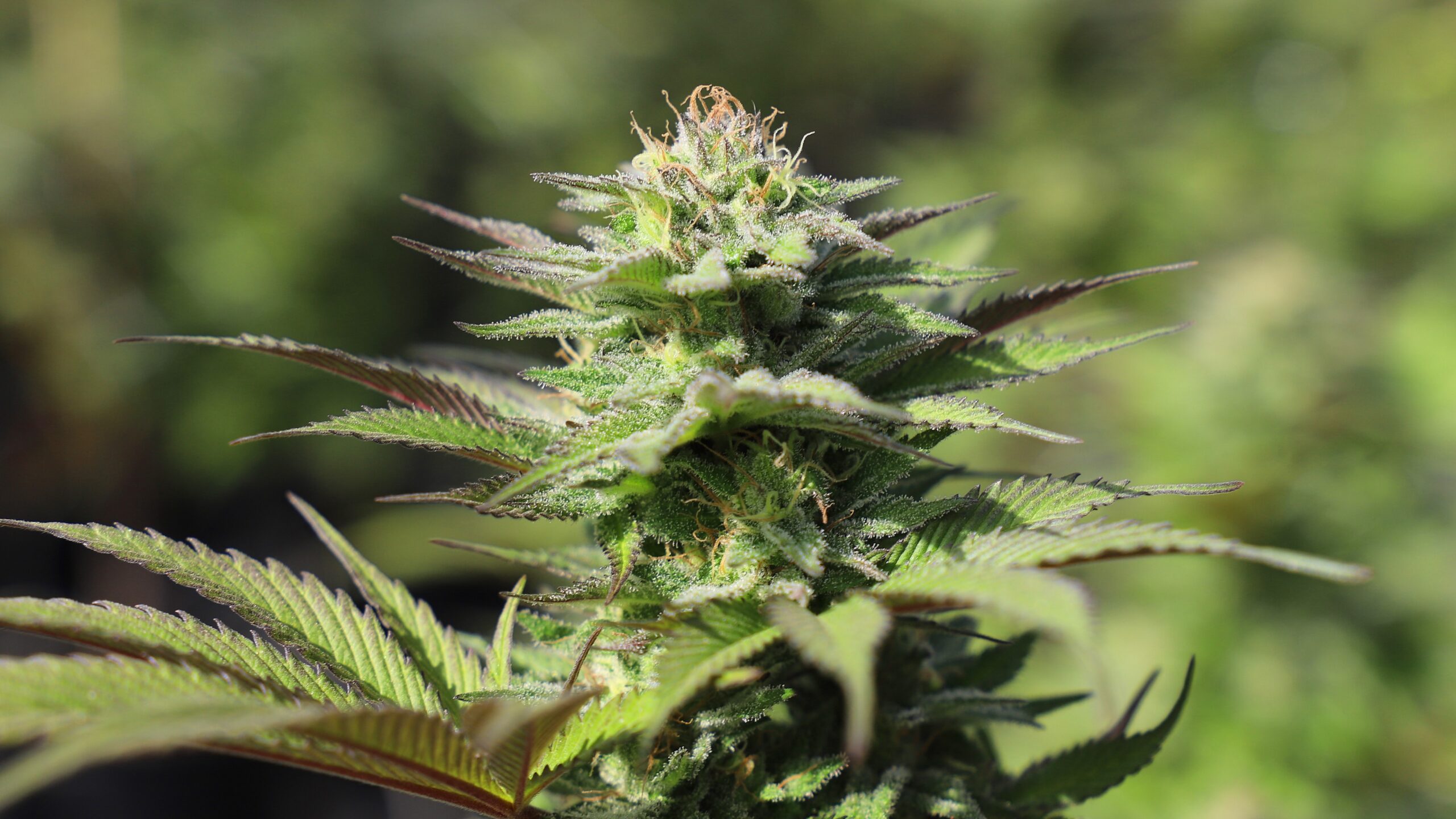It marks the first medical cannabis license granted in the Central American country. Azul Wellness S.A. is Costa Rican owned and backed by the family of José Álvaro Jenkins, president of the Costa Rican Union of Chambers and Associations of the Private Business Sector. Azul reportedly is planning to establish an 800-square-meter production and processing facility, located in Costa Rica’s Guanacaste province.
The firm also partnered with U.S. private equity firm Merida Capital Holdings, which specializes in medical cannabis. According to the Times, the collaboration is meant to help Azul cultivate two varieties of psychoactive cannabis to start, with a focus on exporting the produced material.
Jenkins himself expressed optimism about the endeavour and said he envisions eventually establishing a medical cannabis laboratory in Costa Rica. He has also publicly supported the government’s efforts to legalize recreational cannabis in the past.
While Azul received the first medical cannabis license, Carvajal has issued eight authorizations for hemp cultivation. There are still two applications for hemp cultivation and processing and one medical cannabis license under evaluation.
Costa Rica legalized hemp and medical cannabis in March 2022. President Rodrigo Chaves unveiled a draft law several months later to lay the legal foundation for the country’s medical cannabis and hemp markets, specifically looking at production and sales. The Costa Rican government controls the cannabis industry — including granting permits related to industrial hemp and medical cannabis — under regulation of the Ministry of Health and the minister of agriculture and livestock.
Around that same time, Chaves also presented a bill to the Legislative assembly to legalize the recreational use of cannabis in Costa Rica. He promised the initiative shortly after taking his role, nodding to the fact that recreational use of cannabis is a reality we cannot turn away from.
“It is no secret to anyone that marijuana is consumed in Costa Rica, more and more openly in the streets and parks. It is a reality,” Chaves said in a translation during a press conference.
He’s admitted that he personally does not agree with the consumption of cannabis, though he believes that it’s best to regulate the market so Costa Rica can reap the benefits.
“That they pay taxes, that generates formal employment; It is very clear that it is not an easy issue, many people of good faith have doubts,” he said.
Costa Rica joins a number of other Latin American countries with legal medical cannabis, including Argentina, Chile, Colombia, Ecuador, Mexico, Panama, Paraguay and Peru. Uruguay is the only Latin American country with legalized recreational cannabis.
Photo by Cannafornia




